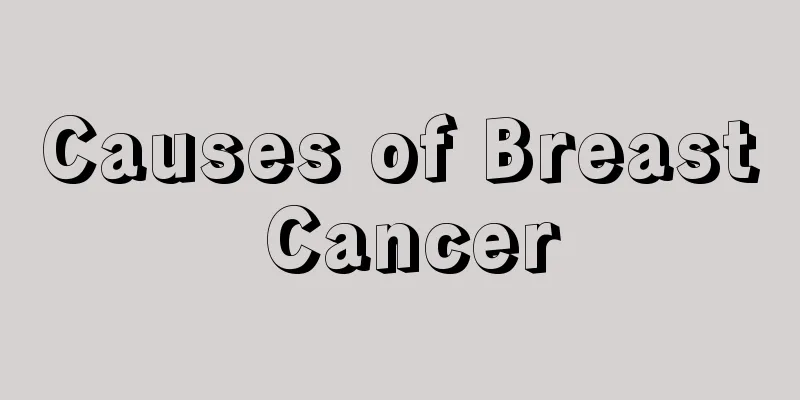Exercise methods in the early stages of nasopharyngeal cancer

|
For chronic, long-term radiation reactions such as persistent dry mouth caused by salivary gland damage, difficulty opening the mouth caused by fibrosis of the masticatory muscles and temporomandibular joints, and limited neck movement caused by fibrosis of the neck joint muscles, the focus is on active prevention and strengthening functional exercises. So, for patients with early nasopharyngeal cancer, how should they exercise? 1. Rinse with tea: Rinse your mouth with warm tea after each meal, alternating between cheek puffing and sucking, gargle thoroughly for 1 to 3 minutes to remove food residues between teeth, achieve the effect of cleaning teeth and maintaining oral hygiene. 2. Teeth tapping: Gently tap or clench the upper and lower teeth 2 to 3 times a day, about 100 times each time, and finally lick the periodontium with the tip of the tongue for 3 to 5 circles. This can strengthen the teeth, fully exercise the chewing muscles, and prevent their fibrosis. 3. Swallowing saliva: Swallowing saliva frequently can stimulate saliva secretion, moisten the throat, relieve dryness of the mouth and tongue, and exercise the tongue, teeth and cheek muscles to prevent degeneration of oral function. 4. Puffing up the cheeks: Close your lips and blow air outwards to make your cheeks puff up. Place the thumbs of both hands on the puffed cheeks and gently massage the cheeks and temporomandibular joints in a clockwise direction to prevent difficulty in opening the mouth caused by fibrosis of the temporomandibular joints and their surrounding muscle tissues. 5. Tongue flicking: Open your mouth slightly and bounce your tongue in your mouth. The movement of the tongue in the mouth can exercise its flexibility and prevent the tongue muscles from atrophy and functional degeneration. 6. Shaking your head: It can prevent neck tightness and limited neck movement caused by fibrosis of the neck joint muscles. Nursing for nasopharyngeal cancer patients is a long process. Patients should be encouraged to keep exercising, including during the rehabilitation stage after discharge. We should do a good job of comforting and explaining to them, meet their reasonable needs, and enable them to cooperate with treatment in a good mental state. The above is an introduction to exercise in the early stages of nasopharyngeal cancer. Correct exercise can help alleviate the condition and serve as an auxiliary role in treatment. |
<<: Rehabilitation exercise methods for early stage of nasopharyngeal carcinoma
>>: How do patients with nasopharyngeal cancer exercise
Recommend
How to avoid testicular cancer
How to avoid testicular cancer? Testicular cancer...
The dangers of drinking beer before sleeping
Maybe many of us don’t quite understand the dange...
What causes dry socket? Know the cause to prevent it
We must be careful when extracting teeth and shou...
Is it poisonous if the insect bite turns purple?
Many insects like to bite people. If bitten by an...
What are the treatments for corticotropinoma?
Many people don't know much about adrenocorti...
Fasting 18 down to 13
Blood sugar dropped from 18 mmol on a fasting die...
There are white horizontal lines on toenails
Toenails are a very small part of the human body,...
What is the reason for urine retention
Urinary incontinence is a common urinary system d...
Can the ab wheel build abdominal muscles?
In the gym you can see fitness equipment called a...
How to care for advanced lung cancer? 3 nursing methods for advanced lung cancer
Lung cancer is a disease that is prone to occur f...
What are the characteristics of combination-oily skin?
Human skin can be classified into different types...
Analysis of the five major treatment methods for gastric cancer
Gastric cancer is one of the most common malignan...
Is there any magical use for expired chocolate?
Chocolate is a very popular ingredient in modern ...
Dietary taboos for melanoma
Melanoma can cause great distress to the patient&...
A pregnant woman suddenly trembles while sleeping
Whether pregnant women or normal people, they wil...









